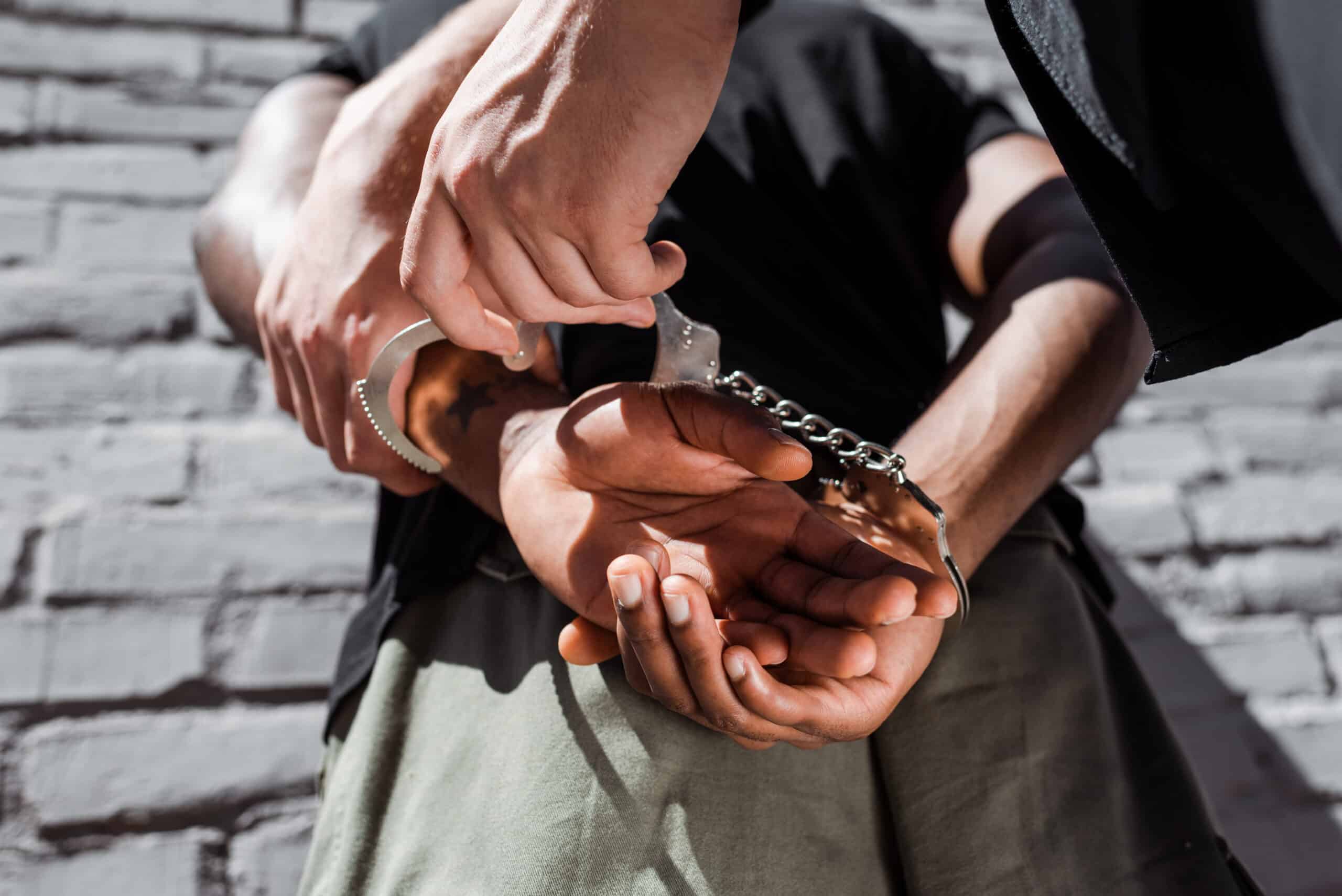A criminal conviction can impact every area of a person’s life, from their job and their housing to their civil rights and ability to own a gun. Our team of experienced criminal defense lawyers can help you fight back against criminal charges and restore your civil liberties in the event of a conviction. Protecting your gun rights is no easy task—it is a journey that requires expertise and a deep understanding of state and federal law. If you are facing firearm restrictions in Utah, Conyers & Nix can help. Consider contacting us to learn more.
Can You Own a Gun if You Have Committed a Felony in Utah?
Consistently ranked among the top states for gun owners, Utah is known for its relaxed approach to gun laws. Not everyone is entitled to own a firearm, however, and Utah draws a firm line when it comes to mixing guns and criminal activity. Utah law makes it illegal for certain individuals—including those who have been charged with particular felony offenses—to own a gun in the state. Based on these laws, some criminal convictions can limit your right to have a gun in Utah.
What Criminal Convictions Can Limit Your Right to Have a Gun in Utah?
Federal law establishes a national standard for who can and cannot acquire and possess firearms. According to federal law, individuals who are convicted of a felony or a domestic violence-related misdemeanor may be restricted from purchasing and possessing a firearm. The standards set forth by federal law represent a baseline, however, and states have the right to build upon the federal framework to create their own rules and regulations regarding firearms.
All criminal charges are categorized as either felonies or misdemeanors depending on the nature of the crime. The following criminal convictions are considered felony offenses and can result in firearm restrictions in Utah:
- Aggravated murder
- Child kidnapping
- Robbery
- Forgery
- Rape
- Aggravated arson
- Theft of a catalytic converter
- Aggravated assault
- Promoting prostitution
- Certain DUI offenses
Legally, an individual who is prohibited from owning a firearm is known as a “restricted person” under Utah law.
What Is a “Restricted Person” Under Utah Law?
Utah Code § 76-10-503 addresses restrictions on the possession, purchase, transfer, and ownership of firearms. This law establishes two categories of restricted persons: Category 1 and Category 2. Understanding who belongs in each category is key to navigating firearm restrictions in Utah and ensuring that you remain compliant with the law.
A person who meets the following criteria will be classified as a Category 1 restricted person under Utah law:
- Has been convicted of a violent Aggravated assault, aggravated burglary, aggravated robbery, rape, kidnapping, and murder are all examples of violent felony offenses.
- Is on probation or parole for a felony offense, whether violent or non-violent, or is on parole from secure care. Per Utah Code 80–102(72), secure care refers to a facility that provides 24-hour supervision to a juvenile offender.
- Has been adjudicated within 10 years for an offense that would be considered a violent felony offense if committed by an adult.
- Is unlawfully residing in the United States.
The criteria for classification as a Category 2 restricted person is a bit different. Under Utah law, if a person meets any of the following criteria, they will be classified as a Category 2 restricted person:
- Has been convicted of any type of felony offense.
- Is an unlawful user of a controlled substance.
- Has been adjudicated within 7 years for an offense that would be considered a violent felony if committed by an adult.
- Knowingly possessed a dangerous weapon and a Schedule I or II controlled substance.
- Has been committed to a mental institution or deemed “mentally defective.”
- Was dishonorably discharged from the armed forces.
- Has been charged with a misdemeanor related to domestic violence.
Knowingly buying, owning, or using a firearm as a restricted person is considered a felony offense, which carries severe penalties for those convicted.
What Should You Do if You Are Facing a Crime That Would Restrict Your Gun Rights?
If you are facing a crime that would restrict your gun rights, it is important to seek legal guidance and fight your charges. Firearm restrictions in Utah do not take effect until after a conviction has happened. This means that you still have time to build a strong legal defense and protect your gun rights. An experienced defense attorney will have the experience, knowledge, and resources necessary to create a strategy that can be used to reduce or dismiss charges.
At Conyers & Nix, we utilize a range of defense strategies for our clients. Depending on the circumstances of your case, we may assert that the police conducted an illegal search and seizure leading up to your arrest, or claim that you were the victim of entrapment. In other situations, we may contend that law enforcement lacks sufficient evidence against you or assert that you acted in self-defense.
Is it Possible to Restore Your Gun Rights?
If you are currently facing firearm restrictions in Utah, you may be able to restore your gun rights through expungement or a 402 reduction. While misdemeanors are eligible for automatic expungement after a certain amount of time, felony offenses and crimes related to assault and domestic violence cannot be expunged.
Instead, these offenses can be reduced through a 402 motion. A 402 reduction happens when the court agrees to reduce the degree of your conviction—for instance, reducing a felony down to a misdemeanor. If the 402 motion is successful, your conviction may be automatically expunged after a certain amount of time and your gun rights may be restored.
How to Find Out if You Have Active Firearm Restrictions?
If you are unsure whether you have active firearm restrictions, it is advised to check with local law enforcement or discuss the matter with your attorney. Otherwise, you will become aware of restrictions when you attempt to purchase a firearm.
Gun buyers are required to submit a background check through the state of Utah to verify that they do not have a criminal history preventing them from purchasing a firearm in the state. Utah acts as a point of contact (POC) for all firearms transactions, meaning both state records and the FBI’s National Instant Criminal Background Check System will be checked when a person tries to purchase a gun in Utah. If you have active firearm restrictions, you will be denied at this step of the process.
How Can an Experienced Criminal Defense Lawyer Help You Navigate Firearm Restrictions in Utah?
As a United States citizen, you enjoy certain rights, privileges, and freedoms—including the right to bear arms. When this right is stripped away due to an event in your past, you can be left feeling frustrated and unsure of where to turn for help. We are experienced criminal defense lawyers who advocate for individuals facing unjust firearm restrictions in Utah.
Through our compassionate guidance and professional representation, we can help you defend against charges that would strip you of your gun rights and work to restore your firearm rights after a conviction. Consider contacting Conyers & Nix to schedule a free consultation today.



